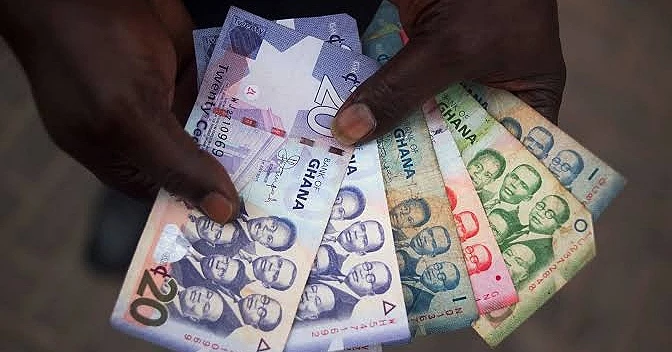Cedi Ranked 4th Best-Performing African Currency
The Ghana cedi emerged as the fourth best-performing currency on the African continent in July 2025, posting a strong year-to-date appreciation of approximately 30% against the US dollar.
This is according to data from the Forbes Currency Converter, which recorded the local unit trading at GH¢10.42 to the greenback by end-July.
Topping the continental rankings was the Tunisian dinar, followed closely by the Libyan dinar and the Moroccan dirham in second and third place, respectively. Rounding out the top 10 were the Botswana pula, Seychellois rupee, Eritrean nakfa, South African rand, Lesotho loti, and Namibian dollar.
Improved Macro Fundamentals Support Cedi Stability
The cedi’s recent appreciation is underpinned by an improved macroeconomic environment and strengthened external buffers, notably a gross international reserves position covering over four months of imports.
Currency analysts note that barring any significant external shocks, the cedi is likely to maintain relative stability against the dollar and other major foreign currencies during the second half of the year.
Adding to this outlook is the International Monetary Fund’s endorsement of Ghana’s ongoing fiscal and structural reforms under the US$3 billion Extended Credit Facility (ECF) programme.
In a recent press briefing, IMF Director of Communications Julie Kozack stated: “Faced with large policy slippages and reform delays at end-2024, the new administration has taken bold corrective actions to maintain the programme on track. Combined with ongoing reform efforts and an improved external position, the corrective measures are set to support Ghana in reaching the goals of economic stabilization, rebuilding resilience, and fostering higher and more inclusive growth.”
The Fund further noted the authorities’ renewed commitment to restoring fiscal discipline, highlighting the passage of the 2025 budget aligned with programme targets and the enactment of a strengthened fiscal responsibility framework.
These developments are seen as key anchors for currency stability, particularly as Ghana enters the peak cocoa and tourism seasons when foreign exchange inflows typically rise.








